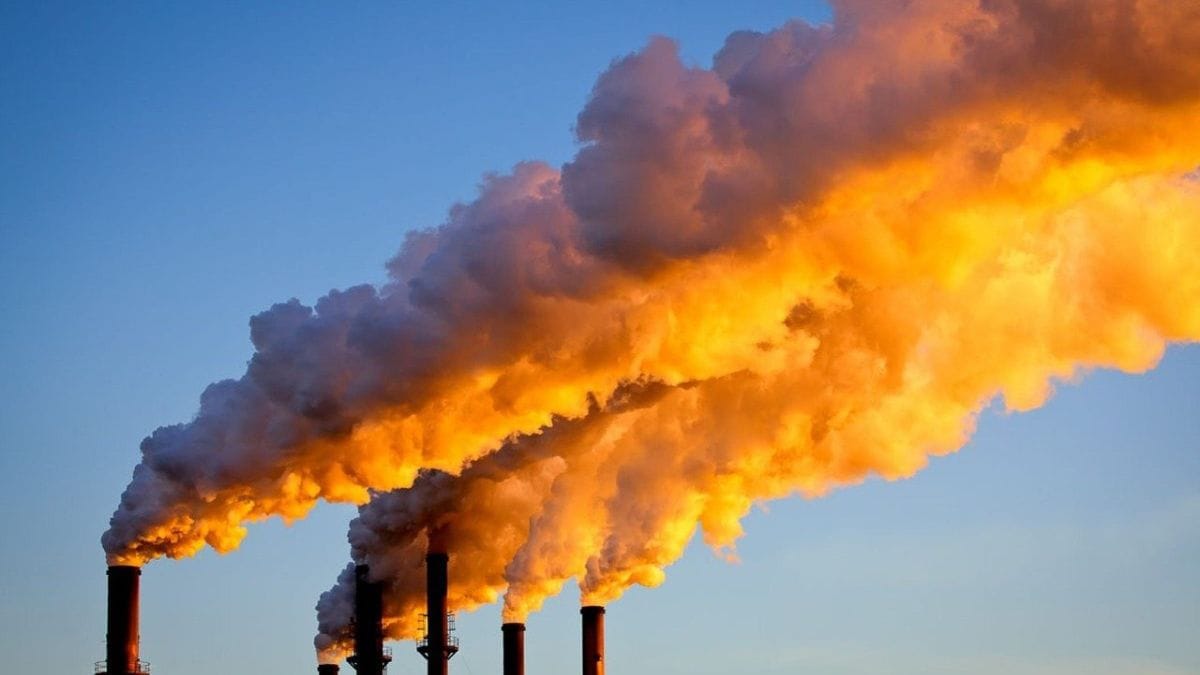International carbon emissions from fossil gasoline combustion have reached an unprecedented peak in 2024, with the International Carbon Challenge reporting a projected 37.4 billion tonnes of fossil CO2 emissions, a 0.8% enhance from 2023. The report underscores an pressing name for emissions discount because the world’s annual output of CO2 from fossil fuels and land-use modifications collectively approaches 41.6 billion tonnes. Regardless of elevated efforts to mitigate local weather impacts, there are not any clear indicators of a peak in international fossil CO2 emissions, heightening the chance of surpassing essential local weather thresholds.
Sector-Particular Emissions and Regional Insights
As per a report by College of Exeter, emissions from fossil fuels, together with coal, oil, and fuel, are anticipated to rise in 2024, accounting for 41 %, 32 %, and 21 % of fossil CO2 emissions, respectively. Coal emissions are anticipated to extend by 0.2 %, oil by 0.9 %, and pure fuel by 2.4 %. On a regional stage, China, chargeable for 32 % of worldwide emissions, is projected to see a slight enhance of 0.2 %, whereas emissions in america are anticipated to fall by 0.6 %.
The European Union’s emissions are forecasted to lower by 3.8 %, whereas India, contributing 8 % of worldwide emissions, is projected to expertise a 4.6 % rise. Emissions from aviation and delivery sectors are additionally set to extend by 7.8 % this 12 months, although they continue to be under pre-pandemic ranges.
Carbon Funds and Local weather Warnings
In line with Professor Pierre Friedlingstein from the College of Exeter, who led the research, the absence of a peak in fossil CO2 emissions additional reduces the remaining carbon finances wanted to maintain warming under the Paris Settlement’s 1.5-degree Celsius goal. On the present emission charge, a 50 % chance exists of surpassing this threshold inside the subsequent six years. In the meantime, Professor Corinne Le Quéré of the College of East Anglia acknowledged ongoing efforts in renewable vitality deployment and decreased deforestation however confused that substantial emissions reductions are nonetheless important.
Urgency for Accelerated Motion
The report emphasises that whereas some nations show progress in emissions discount, these efforts haven’t been adequate to reverse the general international pattern. Dr Glen Peters from the CICERO Heart for Worldwide Local weather Analysis famous that international local weather motion stays “a collective problem,” with gradual declines in emissions in sure areas counterbalanced by will increase elsewhere.

